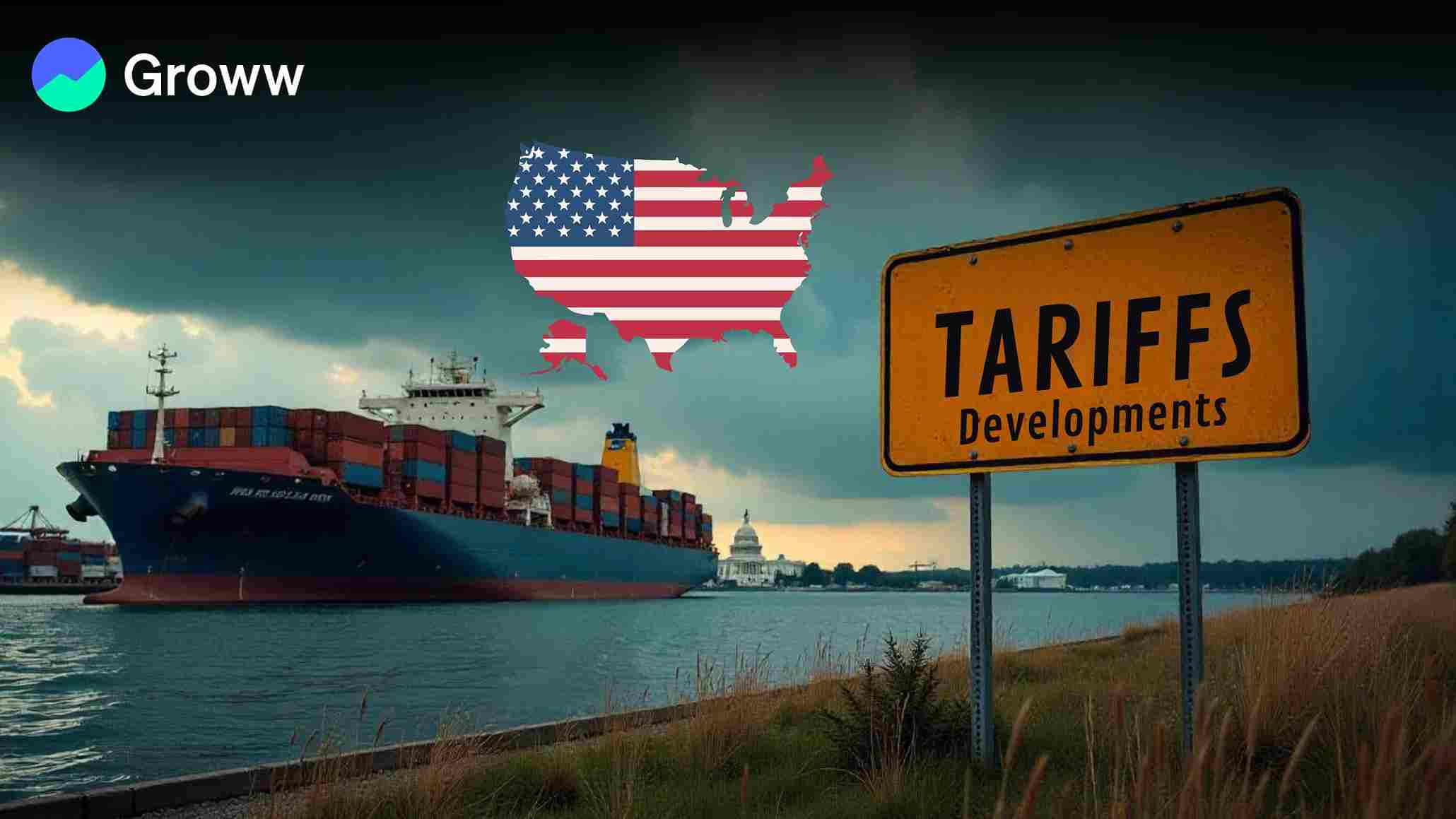US Tariffs on China Soar to 245%, Sparking Global Market Jitters and Fresh Trade War Tensions

The United States has once again escalated trade tensions, this time with a significant ramping up of tariffs proposed against China, triggering a cascade of reactions and concerns across the globe.
US Proposes Sharply Increased Tariffs on China
Amidst an ongoing trade dispute, the US has proposed tariffs of up to 245% on imports from China. This follows an earlier imposition of a 145% tariff on Chinese goods. The White House justified these increases by citing China's "unfair" trade practices and export controls on strategic materials, also raising national security concerns. A clarification from the White House indicated that while the baseline tariff was 145%, certain items would indeed face the much higher 245% levy, stemming from protectionist measures introduced during previous. Specifically, reports suggest items like syringes and needles from China will be hit with this 245% rate.
China Dismisses "Tariff Game" and Demands Respect
China has reacted strongly to these tariff threats, dismissing them as a meaningless "numbers game". The Chinese foreign ministry stated it would "not pay any attention" to this if it continues. China's Ministry of Commerce further commented that the repeated imposition of steep tariffs has become a "numbers game" lacking real economic value, portraying the US' actions as tools of pressure and intimidation that ultimately make Washington a "laughingstock".
Retaliation and a Standoff in Negotiations
This latest tariff proposal is part of a series of tit-for-tat measures. Recently, China ordered its airlines to halt new deliveries of Boeing jets and suspended purchases of US-made aircraft components in direct response to the US's earlier 145% tariff. China has also restricted exports of crucial rare earth materials. Despite this friction, the US stance, as conveyed by White House Press Secretary Karoline Leavitt, is that President Donald Trump is open to a trade deal, but the initiative must come from China, with the US operating from a position of strength. China, however, has urged the US to "stop threatening and blackmailing" and called for dialogue and negotiation based on "equality, respect and mutual benefit".
Global Markets and Economic Uncertainty
President Trump's tariff announcements have sent ripples of instability through global markets, with equity markets in Asia, Europe, and the US experiencing declines amid fears of rising inflation and slowed economic growth. The World Trade Organization (WTO) has expressed "very concerned" about the impact, predicting a significant drop in trade volumes between the US and China and warning of "severe negative consequences" for the global economy. The European Central Bank (ECB) is also increasingly likely to consider further interest rate cuts due to the uncertainty generated by the US tariffs.
Impact Across Nations and Industries
The new tariffs are impacting countries and sectors globally. India is assessing effects on its chemicals sector, while South Korea expects lower economic growth. Japan has begun talks with the US but faces tough negotiations. Hong Kong’s postal service will stop small parcel shipments to the US. Meanwhile, the Taiwanese semiconductor giant TSMC reports no change in customer behavior, maintaining its growth forecast. E-commerce giants Temu and Shein will also raise prices. Notably, US retail sales jumped in March as consumers rushed purchases ahead of tariff impacts.
Conclusion: An Uncertain Trade Landscape
The latest developments in the US tariff policy underscore the deepening trade conflict with China, marked by escalating tariffs and retaliatory measures. While the US insists on China taking the initiative in negotiations, China calls for dialogue based on equality and respect. The global economic implications are significant, causing market uncertainty and impacting various countries and industries. The legal challenge from California highlights the domestic opposition to these policies. As the situation continues to unfold, the future of global trade remains increasingly uncertain.
Disclaimer: This news is solely for educational purposes. The securities/investments quoted here are not recommendatory.
To read the RA disclaimer, please click here